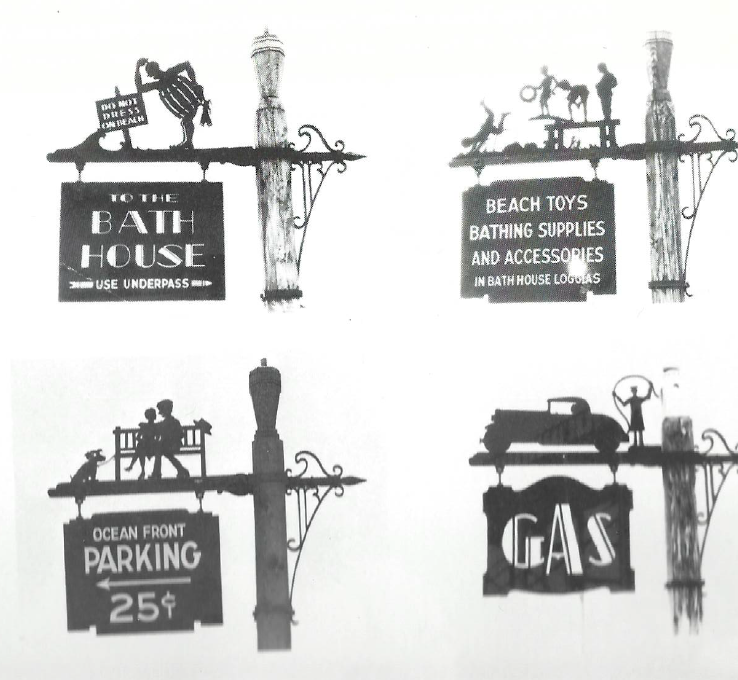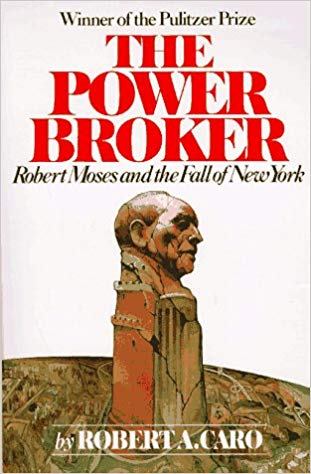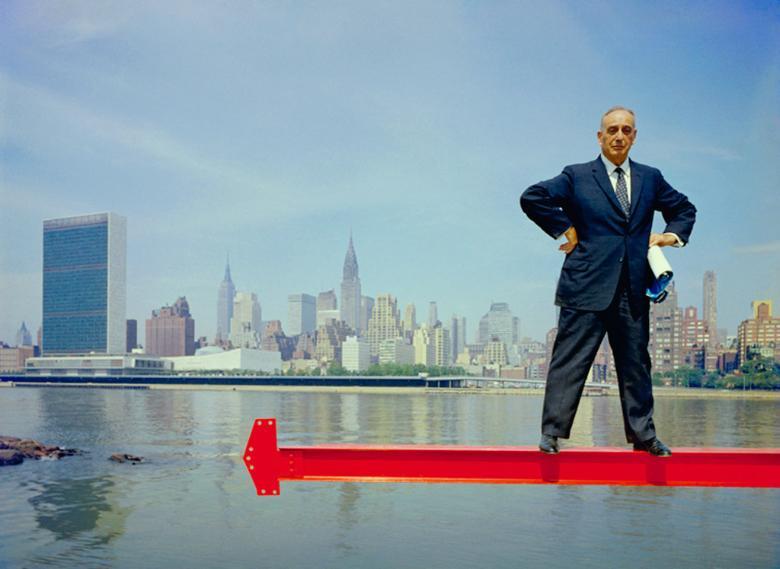Chapter 17 – The Mother of Accommodation
Now Moses had to operate with limited executive support and he still needed to secure the route of the Northern Parkway on Long Island and this meant negotiation with the barons. Moses accommodated the barons by diverting the route around their land. Moses claimed that the barons, as part of the deal, had contributed substantially to the cost of the parkway, but in fact, the vast majority of the cost of the detour was funded by the public. On top of that, the parkway would be detoured around the most attractive parts of northern Long Island. This compromise was, in effect, a surrender.
Although Roosevelt did not give the easy ride to Moses he was used to under Al Smith, he nevertheless continued to fund Moses’s projects. Moses’s years of ingratiating himself with a large number of New York political organisations made him electorally indispensable to Roosevelt. Moses had in a large part created the new political structures of New York and he knew how to use them. Moses aided Roosevelt with his budget negotiations. He helped with numerous legislative programs. In fact, Moses’s power continued to increase in the Roosevelt years and his reputation as the creator of parks with the press and the public remained undiminished. They continued to praise the architecture and attention to detail that were a hallmark of Moses’s park designs, especially the jewel in the crown, Jones Beach.

The success of Jones beach had its problems. By 1930, the park had over two million visitors a year. The traffic on the Southern Parkway was frequently backed up due to the continued existence of rail crossings. Moses was able to get funds to build bridges over the railway, thus alleviating the traffic problems and continuing to develop the Southern Parkway to stretch further east across Long Island. Land owners began to see the value of their land increase due to the developments and they became more willing to let go of their land. Moses’s popularity was at its peak at this time, and he would manage to get his way with Roosevelt simply by threatening to resign. With this lever, Moses’s parks and parkways in Long Island began to extend and develop rapidly. Roosevelt’s forbearance of Moses was continuing to reap political benefits for the governor. Thus, the uneasy partnership between the two was held together due to mutual benefits and grudging respect.
Left to a large extent to his own devices, a more unsavoury aspect of Moses began to appear. Although the development of the parks system was primarily for the benefit of the public, he had little regard for the public as people. He discouraged the use of the parks by black people and the working and lower middle class. He resented the fact that they messed up his beaches. He thought them dirty and slovenly. He limited access by buses and trains, the normal transport of the poorer citizens. Black people were discouraged from using “white” beaches. He lowered the temperature of the swimming pools because he thought “negroes” didn’t like cold water. He increased parking fees at the parks to discourage the working classes. Roosevelt protested, but Moses brought out the resignation card and Roosevelt relented.
When Al Smith decided to run against Roosevelt for the 1932 presidential nomination, Moses took time off to support Smith. However, Moses soon realised that Smith’s bid was doomed. Roosevelt had taken much of Smith’s support. Moses continued to battle for Smith to the end.
Analysis & Key Takeaways
- Moses’ racism is bound up in his hate for the poor. It is morally repugnant today and it was then, however, it was socially acceptable then;
- Gaining political influence within the various groups in a city is important.
- Look at Project In Isolation Not In Reference To Other Projects (A Persuasion Tactic): in government should not be viewed against other projects but should be looked at in isolation. To look at the project without reference to funding other projects is the opposite of the reality of how government works where the budgets are finite however Moses had a much easier time to make it work.
- Disregard for people versus love of the public: Moses loved the public generally hated the various people, not a healthy way of thinking.


